Nature makes me well. By a twist of circumstance and biology, I don’t have depression. But I’m pretty sure I have SAD. As soon as winter begins, I complain every day about the weather. If it’s not the weather, it’s how I’d be fitter and perkier if only I lived in sunny California.
I even have a sunbed at home, against all the dermatologist’s rules. It barely turns my skin from grey to grey-white, but after four minutes each side, I feel better. There’s something else that always works to relieve winter gloom: being outside. It sounds counter-intuitive as it’s the very state of the outdoors that is dispiriting. But it’s the contact with nature that lifts me.
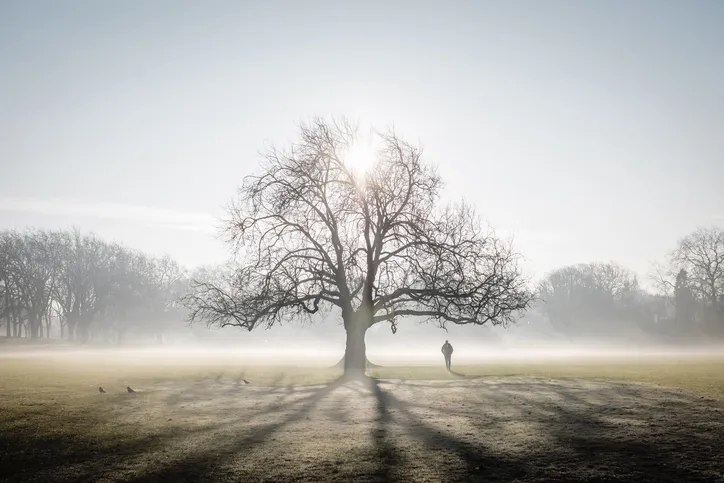
It’s not just me. I have seen it many times. I met an Afghanistan veteran, who was suffering with PTSD and isolated in a civilian world that couldn’t understand that he missed the battlefield and a band of brothers. At his lowest point he was suicidal. But he had a weekly appointment with nature: going to woodlands with others who understood, to make a fire, crafts and simply be outdoors.
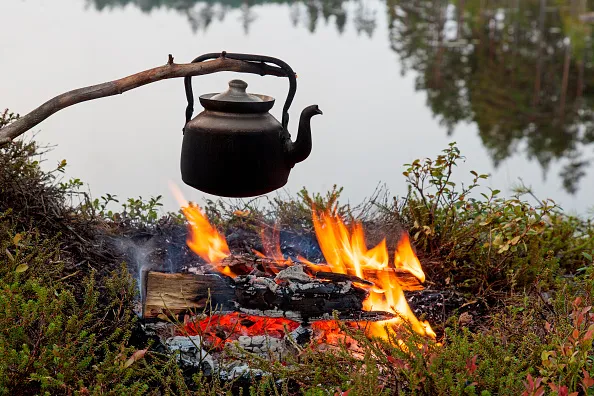
After a while, with his tree knowledge, he got a job walking power line paths to assess risks from branches. He liked that he could do it alone. He said that being in nature had saved his life.
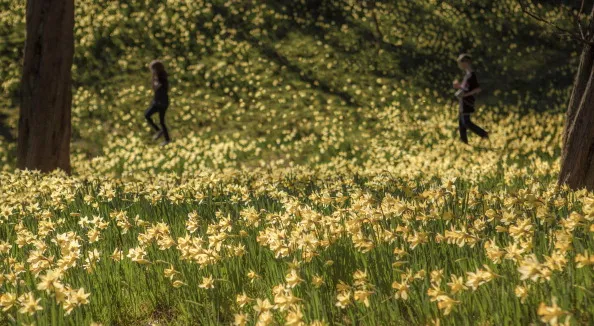
There was a woman in her 30s who had been through an awful trauma. Nobody knew what it was and she couldn’t share it – she wouldn’t speak to anyone or even make eye contact. Instead she communicated with gestures and written notes. After working outdoors with the Wildlife Trust just six times, she was speaking to her peers, laughing and making art, using wire. The first piece she created was given to the ranger as a gesture of thanks. I know dozens of these stories, of people who have been made well by nature.
Historically, our instinct to associate with other forms of life makes perfect sense for human survival. But in our modern world with cheap food everywhere, why does nature have such a powerful impact? My theory is that humans haven’t evolved fast enough to adapt to our modern lives. Only a few hundred years ago, we were animals of the land – not long enough to adapt well to being creatures of technology. As a result, we now suffer via our jobs, commutes, screens (which force us to make unhealthy comparisons with strangers) and the feeling of not having enough.
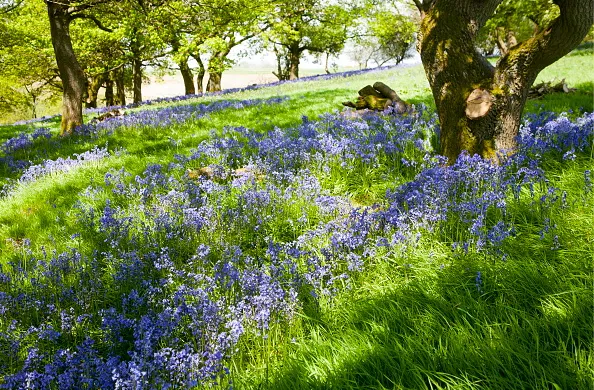
It’s why we endure chronic stress. Acute stress is not a problem for our Palaeolithic bodies: we are physiologically good at being chased by a predator for a few short minutes. But the low-level, long-term assault of chronic stress really take its toll, causing mental fatigue and burnout.
Natural boost
There are lots of studies that support the positive effects of nature. Electroencephalogram (EEG) readings of people’s brains while walking from an urban park back into the city show increased activity in the subgenual prefrontal cortex, an area of the brain associated with depression and anxiety. Participants also reported feeling less brooding and stressed while in the park.
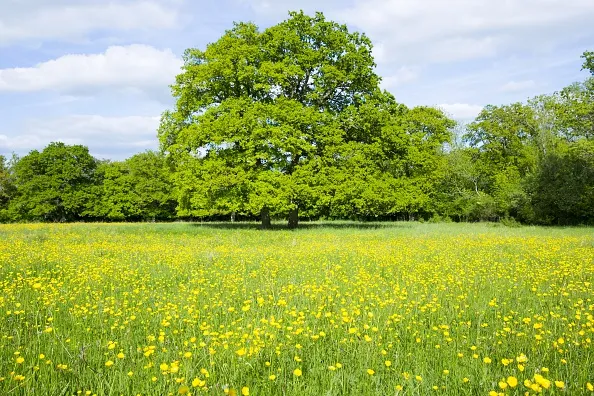
In another study, in which people were exposed to more beautiful plants than the control group, their willingness to help others was greater. Researchers concluded that experiencing the beauty of nature increases positive emotion, leading to helpful behaviours. In another experiment, participants looking up at a tall tree showed measurable increases in awe and approached moral dilemmas more ethically than participants who spent the same amount of time looking up at a high building.
To get the most out of nature, it helps to show up. Being ‘present’ makes an even bigger difference. Last year, I went on a two-hour silent walk with 20 strangers. That’s not normal for me, usually blathering on with a bird-botherer and a camera crew in front. It was a deliberate exercise in meditation and being fully in the moment.
By the end, we all stood in silence looking out on to a river with the rain and wind whipping our faces. While normally I find that irritating, making me cold and smearing my filming makeup, instead in that moment I felt an overwhelming comfort, a message from the universe that nature was rising to meet me and connecting me to the natural world.
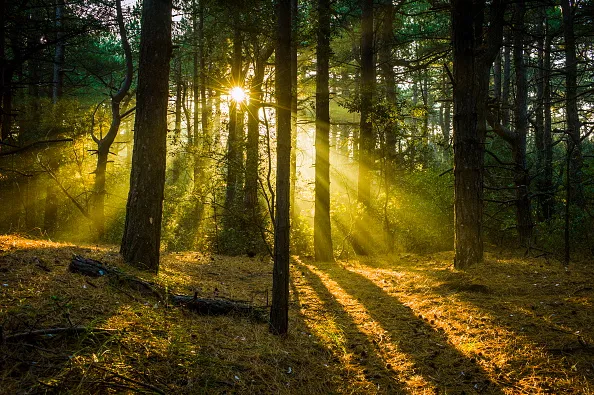
Main image: The spectacular colours of dawn in West Sussex © Getty
